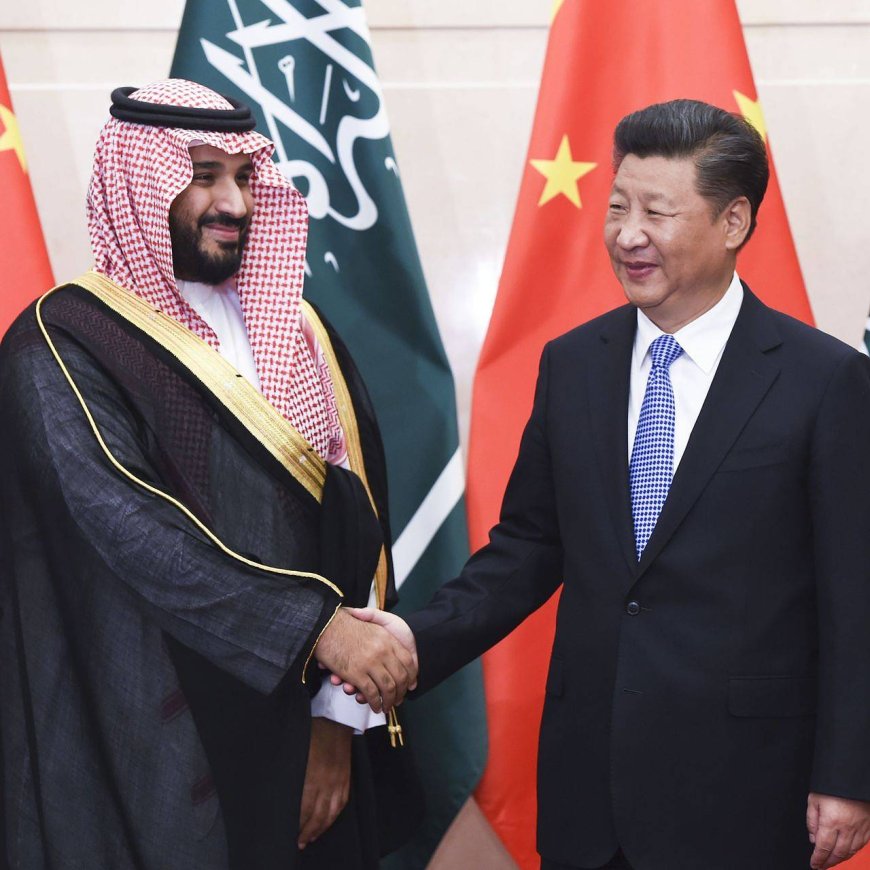Saudi Arabia's relations with China: Strategic, or tactical?

By: F. Najafi
Investment in modern infrastructures, communications, cutting-edge technology, industry, finance, transportation, and renewable and nuclear energy are all areas where China and the Kingdom of Saudi Arabia (KSA) have cooperated in recent years. China's Belt and Road Initiative (BRI) and Saudi Arabia's Vision 2030, which aim to reduce Saudi Arabia's reliance on oil and foster an economy with a greater role for the private sector, have both developed a suitable ground to boost cooperation between Beijing and Riyadh.
According to observers, the relationship between Riyadh and Beijing has grown from being of little significance politically to one of comprehensive strategic cooperation.
Saudi Arabia's turn towards China and other eastern countries, as well as the de-escalation with Iran and the expansion of cooperation with Russia, indicate a shift in Riyadh, though analysts are divided as to whether these overtures are strategic or merely tactical to enhance Riyadh's bargaining power with Washington. It stands to reason that Saudi Arabia and its Arab allies would be more eager to reestablish regional ties after the crises in Syria and Yemen are moving towards a political settlement and tensions in Iraq are lessened. It's also conceivable that friction between Washington and Riyadh will widen and that the United States will become even less willing to fulfill Saudi Arabia's expectations. As a result of pressures from without, Riyadh has been capable of rekindling ties with neighboring countries and shifting its focus to China. However, considering the depth of its ties with the United States, the KSA is unlikely to seek separation from Washington in the aftermath of the recent detente with Tehran.
As a matter of fact, Riyadh has strengthened its ties with China to signal its discontent with the United States, but this does not indicate an infinite policy shift towards the east. Although Saudi Arabia's ties to China seem to be developing more rapidly than its relationships with the United States, the two are incomparable. KSA's connection with the United States is much more intricate and close, whereas the one with China is relatively simple. As neither China nor the United States can be written out of the global equation, a middle ground between the two seems to be the most plausible strategy for Saudi Arabia. The path along which Turkey and even Israel have already set off.













































